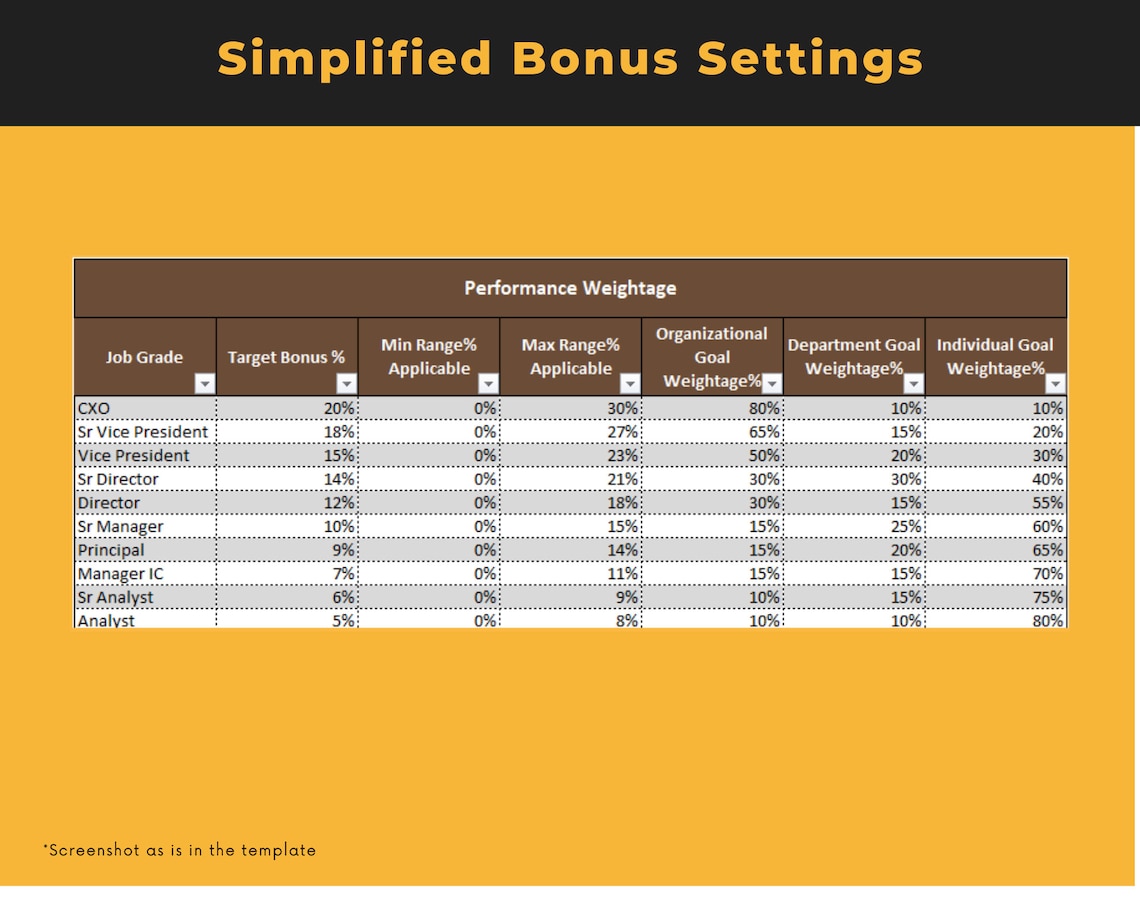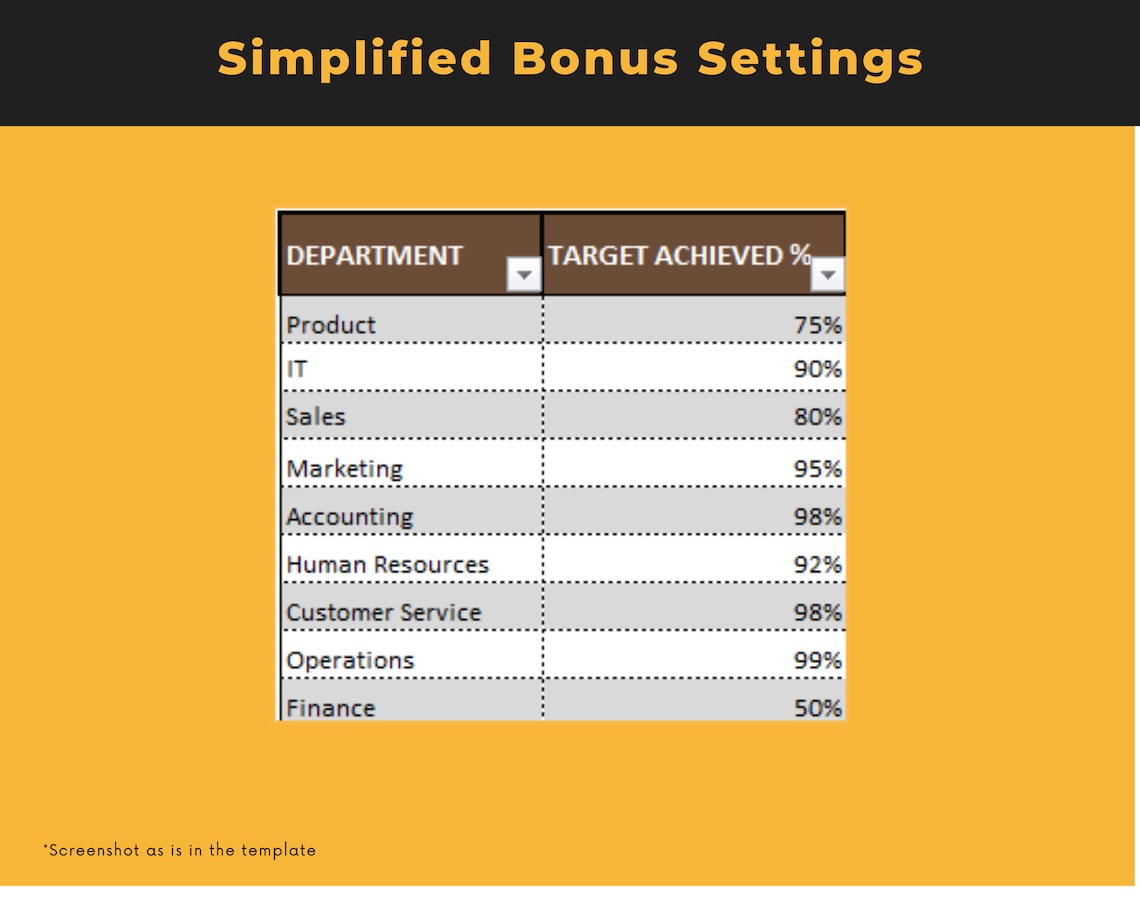Price:Rp 100 JT
LAUTSPIN: Slot Pakai Bank OCBC NISP Login Alternatif Gacor
LAUTSPIN adalah pilihan slot pakai Bank OCBC NISP dengan login alternatif resmi, RTP gacor tinggi, serta proses deposit cepat yang mendukung kenyamanan setiap slotter.You can only make an offer when buying a single item
Highlights
Pas Senang Lupa, Pas Susah Nanya "POSISI"
4.9 out of 5
(618 reviews)
All reviews are from verified buyers
Reviews for this shop
Gacor habis main pakai server thailand ini, mudah main plus gampang menang cuy.
Awalnya ragu, ehh cuma depo 100 ribu bisa wd 5jt, gokill abis ini emang lautspin.
LAUTSPIN memang terbaik, baru main 5 menit pakai server jepang Langsung di kasih profit.










